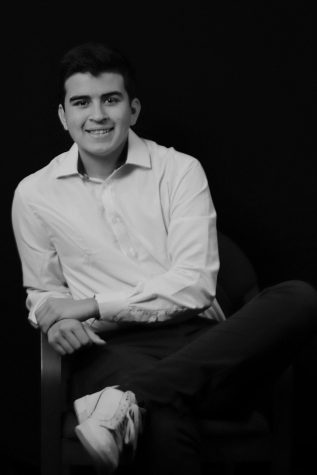Dr. Guan Saw, UTSA assistant professor of educational psychology in the UTSA College of Education and Human Development, was recently awarded a $350,000 National Science Foundation (NSF) grant for his research on student success in the Science Technology Engineering and Mathematics (STEM) field. Saw seeks to learn what drives student participation, motivation and achievement in STEM education and training, particularly for underserved and underrepresented student populations. He received the NSF grant after a seed grant of $20,000 from UTSA’s Office of the Vice President for Research, Economic Development and Knowledge Enterprise.
Saw emphasizes social capital in his research. Social capital is a term referring to instrumentally valuable social networks that provide increased professional and educational access to people in the networks. In the case of STEM, social capital involves aspects such as having a family member who works in the STEM field or a STEM teacher who provides extra support.
Saw uses social capital in his research in part because there has yet to be a standard set of techniques to measure it in STEM.
“For this particular NSF research project, my goal is to eventually develop and validate new survey scales for measuring students’ STEM social capital, which are currently not available,” Saw said. “Current studies on explaining and addressing the disparities in STEM education tend to focus on the psychological or motivational factors of students. This project will advance and expand the use of concepts and measures of social capital — a prominent sociological theory — in improving the STEM outcomes of underserved and underrepresented students.”
Saw is working alongside the UTSA Pre-freshman Engineering Program, a STEM program meant to prepare middle and high school students to pursue degrees and careers in the STEM field, to develop new scales to measure STEM social capital.
Saw believes understanding STEM social capital is key to improving STEM outcomes for underserved students.
“The concept of social capital offers me a powerful theoretical lens to understand and analyze the patterns, trends, causes and outcomes of ‘hidden inequality’ in social networks and resources accessed by privileged and unprivileged groups,” Saw said. “I have always been interested in observing, learning and studying ‘hidden inequality’ in education settings since I was an active member of community service organizations in college and later when I was working as a high school teacher and administrator in a remote area in Malaysia.”
Saw’s personal and professional backgrounds helps explain why the field of education inequality has been one of his primary research topics for much of his career.
“My research, teaching and service are informed by my experience as a first-generation college student with three degrees, including STEM and non-STEM majors, completed in three different countries (Malaysia, Taiwan and the United States) and languages (Malay, Mandarin and English),” Saw said. “I had worked as a high school vice principal and math teacher in a low-income rural area in Malaysia [and] a department director in the largest non-profit educational organization in Malaysia.”
Saw has spent 13 years studying educational inequality, the sociology of education, STEM education and quantitative methods. This new NSF-funded research project will be the latest addition to his work on improving educational outcomes for underserved and underrepresented students.













